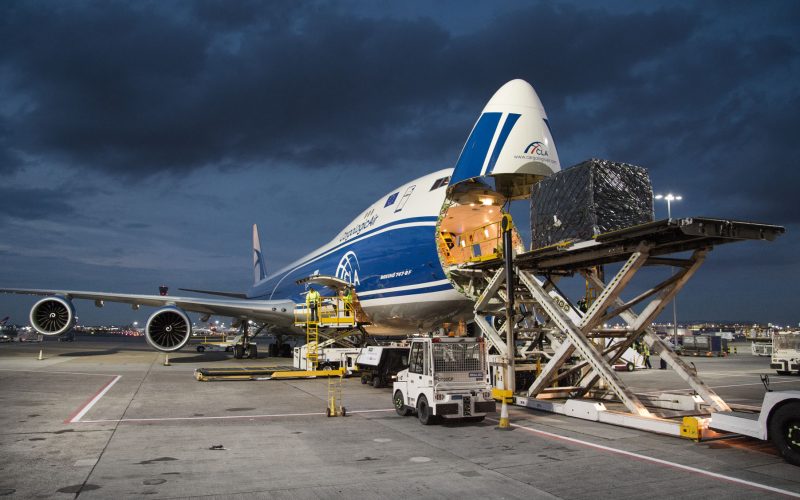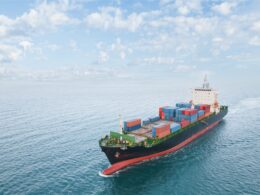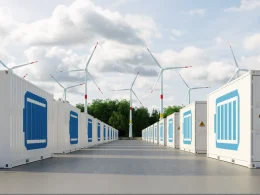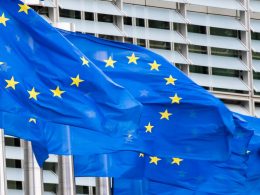Heathrow Airport has announced a £86 million ($105 million) expansion of its Sustainable Aviation Fuel (SAF) incentive scheme for 2025. This initiative targets 3% of aviation fuel used at Heathrow to be SAF, equating to 187,000 tonnes, surpassing the UK’s newly introduced SAF mandate by 1%. The scheme aims to reduce carbon emissions by over 500,000 tonnes—equivalent to 800,000 economy-class round trips between Heathrow and New York’s JFK Airport.
SAF, made from renewable feedstocks like used cooking oil, reduces lifecycle carbon emissions by up to 70%. Heathrow’s incentive programme narrows the cost gap between SAF and kerosene, encouraging airlines to adopt cleaner fuels. The scheme aligns with Heathrow’s long-term target of achieving 11% SAF use by 2030, a key milestone in its plan to reach net-zero carbon emissions by 2050.
In addition to SAF, Heathrow has introduced its Nature Positive Plan, aimed at mitigating the airport’s impact on biodiversity. The plan includes commitments to use nature-based solutions for carbon removal and expand ecological networks around the airport. Also, it calls for adoption of the Taskforce on Nature-related Financial Disclosures (TNFD) framework for annual environmental reporting.
Also, Heathrow’s updated Connecting People and Planet (Heathrow 2.0) strategy sets more ambitious goals for reducing noise, improving air quality, and enhancing community support. These updates reflect progress in key areas while introducing realistic yet challenging targets for the future.
Director of Carbon Strategy, Matt Gorman said, “Our SAF incentive scheme, part of our Connecting People and Planet sustainability strategy, has made significant progress and we’re now exploring options to set a long-term incentive signal to 2030.”
Heathrow’s expanded SAF initiative underscores the critical role of sustainable aviation fuels in reducing emissions. With long-term plans to integrate SAF, expand biodiversity efforts, and align with net-zero targets, the airport is positioning itself as a leader in sustainable aviation.





















